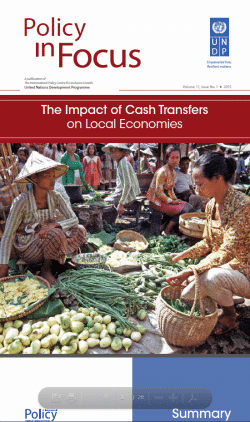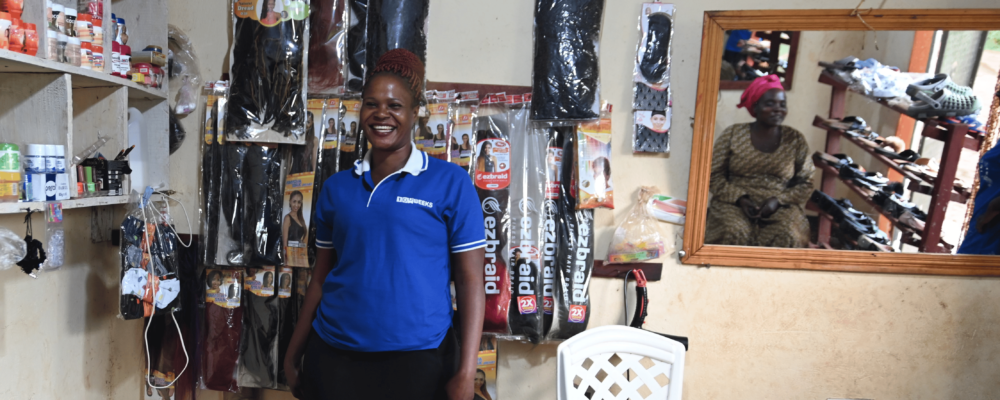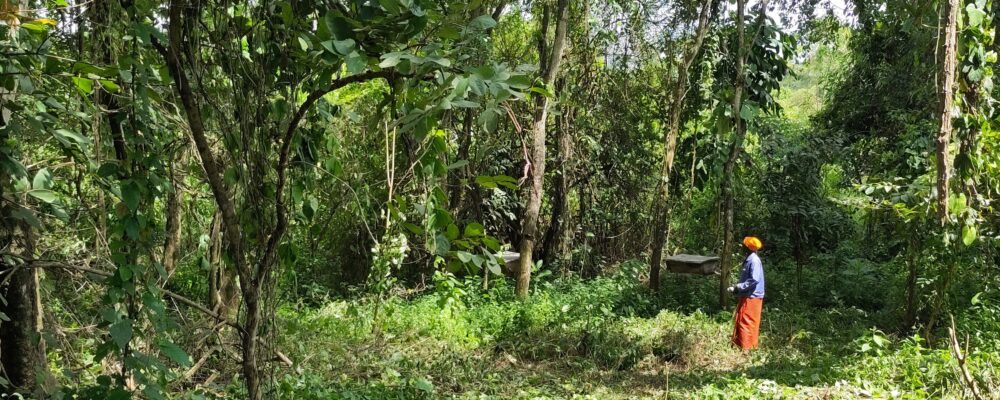
Policy highlights:
- This report presents nine studies on cash transfers in different contexts. A number of lessons can be drawn from these studies. First, cash transfers should be managed to help recipients maximize multiplier effects. This can be done to manage market price effects, creating investment opportunities and managing the impact of local institutions. Second, in terms of impact, price effects will increase with the size of the cash transfer, and price effects will be larger with a higher number of transfer recipients. In addition, considering the effect only on eligible households underestimates the full programme impact. Third, combining cash transfers with targeted public investment will stimulate the domestic economy and generate better outcomes in terms of poverty reduction than each measure separately. Ethiopia’s Food Security Programme (FSP) for example, provides evidence that a combination of social protection and agricultural interventions can lead to investments by beneficiaries with potential long-term benefits.
- Finally, it must be considered that tax-funded social protection programmes (such as in Brazil) have national-level effects, and are therefore not necessarily a tool for economic growth (as opposed to poverty alleviation). For example, using taxes to pay for cash transfers decreases investment opportunities and actual wages. In addition, it was found that the increase in household consumption generated by the transfers cause exports to decrease and imports to increase, leading to a deterioration of trade balance (-0.37 per cent as a share of GDP) and a decrease in real GDP.
- When implementing cash transfers, policymakers should take these lessons into account. Cash transfers do not have an isolated impact on eligible households on a local or national level. In addition, combining this strategy with different interventions will change the impact possibilities.
*Curated from socialprotection.org








